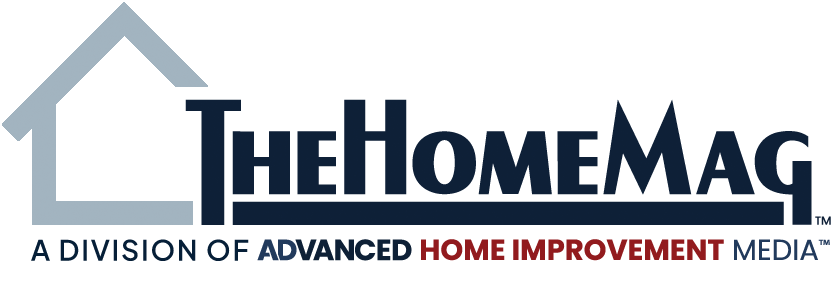Energy-Efficient Home Upgrades: Saving Money and the Environment
You don't need to leave home when you set out to save the planet. You can save as much as 20% on fuel consumption and your annual utility bill by upgrading some existing features and fixing others. Our team is here to help with links to top service providers in your region. Upgrades may range from sealing your home's exterior to replacing older HVAC equipment to improve energy efficiency. Here are the key areas to focus on.
Start with an energy audit
Get started with a home energy audit to pinpoint the problem areas regarding energy use. Your local power company may provide referrals for local energy assessors or related businesses that can send out a certified professional auditor.
The auditor will inspect your home, room by room, using specialized equipment such as infrared cameras to identify where leaks consume your energy dollars. The inspection doesn’t stop there, though. Your final report will provide a complete picture of how to conserve energy in your home.
Try these strategies for leak repair
Regarding energy efficiency, your house is an envelope that seals your heated or cooled air inside. Any rifts in this envelope, large or small, can compromise energy efficiency and increase your monthly fuel consumption. Locating and addressing these areas is the first task when enhancing energy efficiency. The most common places for air leaks are:
Around exterior doors
Around windows
In exterior walls
In ceilings
In the attic
Around fireplaces and chimneys
Around the foundation
In the crawl space
Once they identify leaks, your professionals will seal them to promote greater energy efficiency year-round. This will likely lower your annual energy expenses from 5% to 30% and make household members more comfortable.
Conserve energy with insulation
A home energy audit will reveal where you need more insulation. Adding insulation is a great way to maintain your budget and comfort level, whether in the basement, the attic, or anywhere in between. Your contractor can suggest the best types of insulation for your climate, home size, and specific applications.
Make HVAC upgrades for older or inefficient equipment
During your annual heating and cooling maintenance call from a team like Dierkes Heating and Air, your HVAC technician may identify a need for an upgrade. Pay attention if this is the case because heating and cooling your home consumes more energy than any other household function. Typically, they account for almost half of your annual utility bill. If your HVAC system is less than 10 years old, ask your technician to keep it tuned for maximum efficiency. If the equipment is older, it may be time to replace it with more efficient ENERGY STAR-approved models.
Learn about more advantages of an energy-efficient home
Energy-efficient upgrades save fuel and expenses while contributing to a better outdoor environment. Find more ideas for savings today on TheHomeMag's Facebook and Instagram pages.

